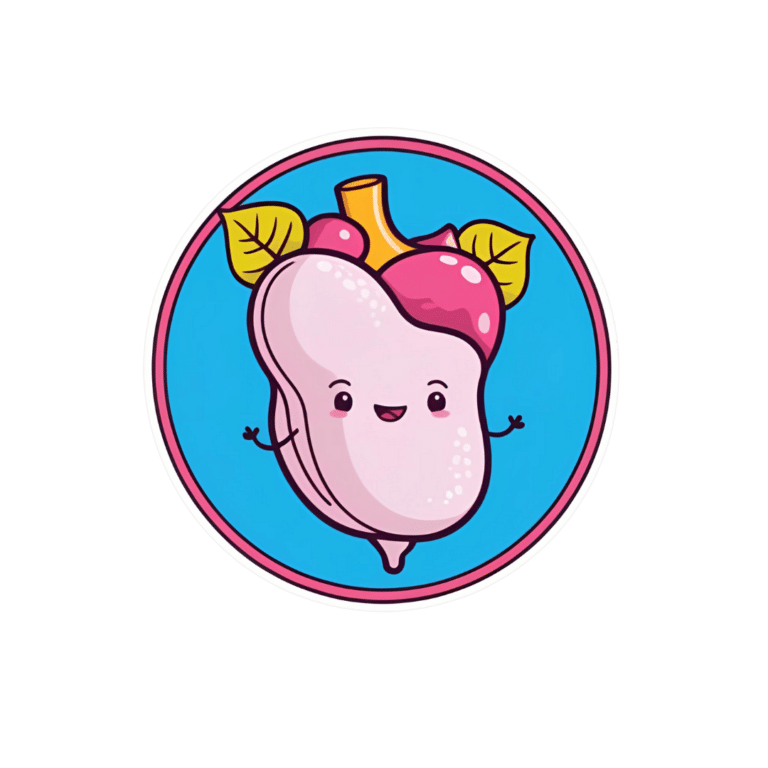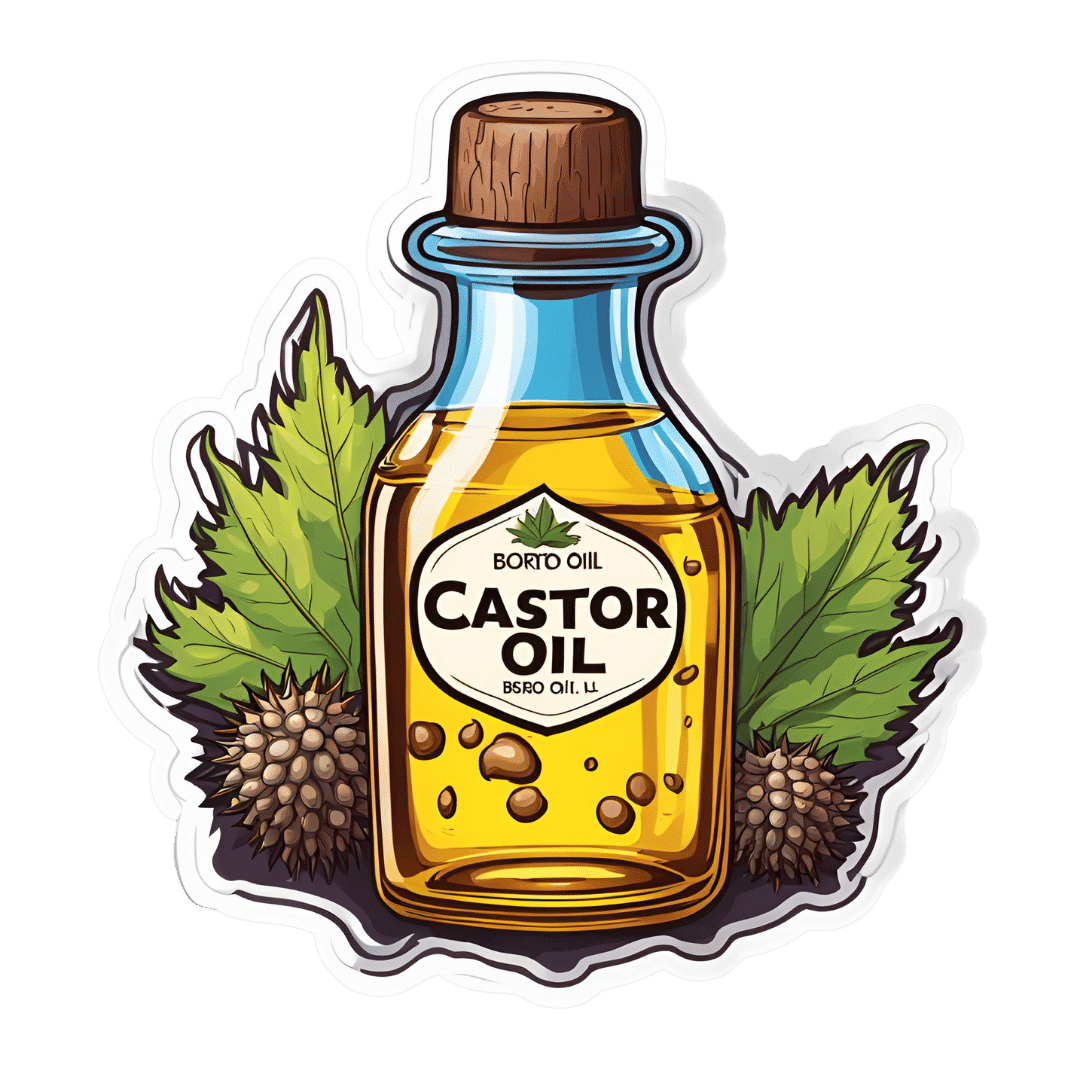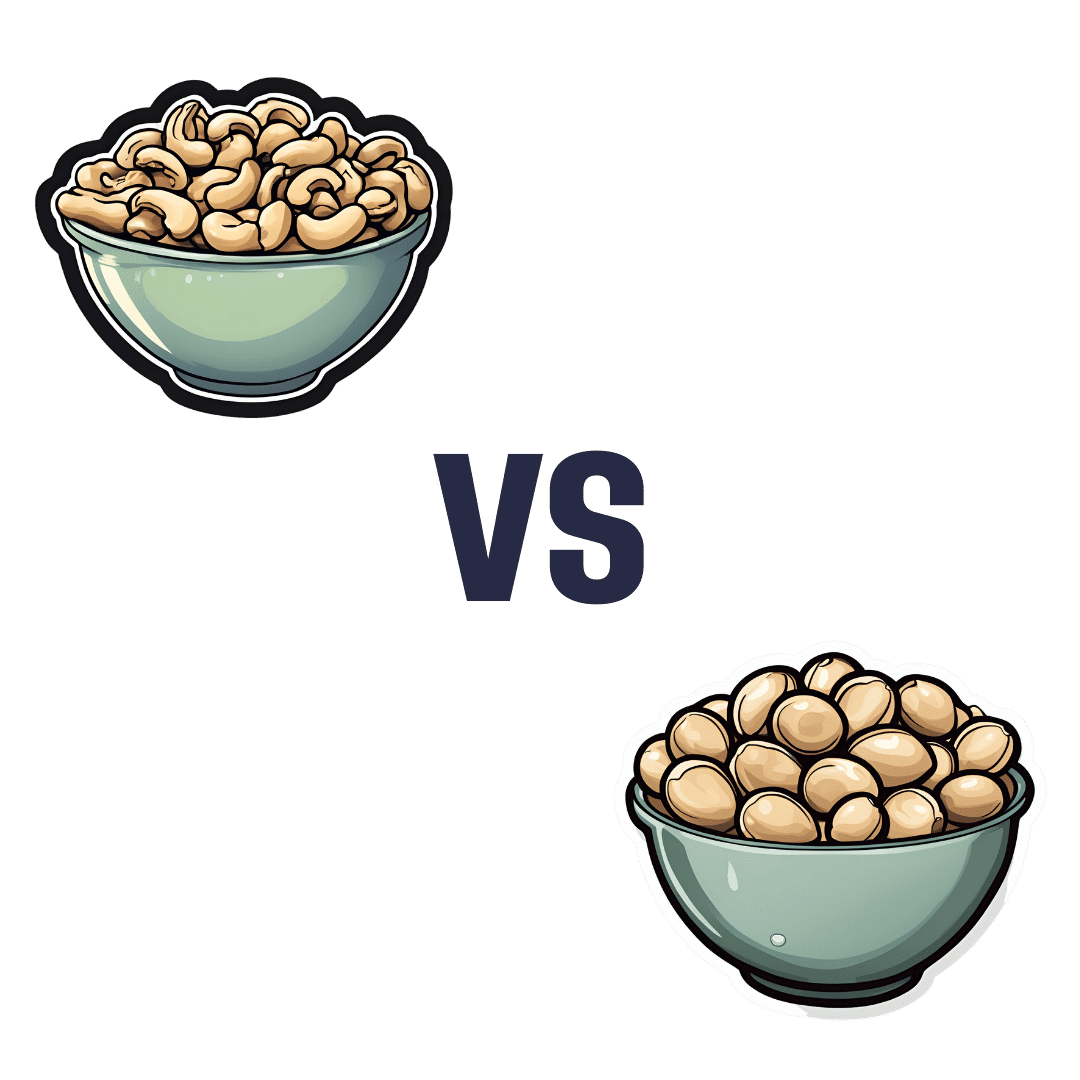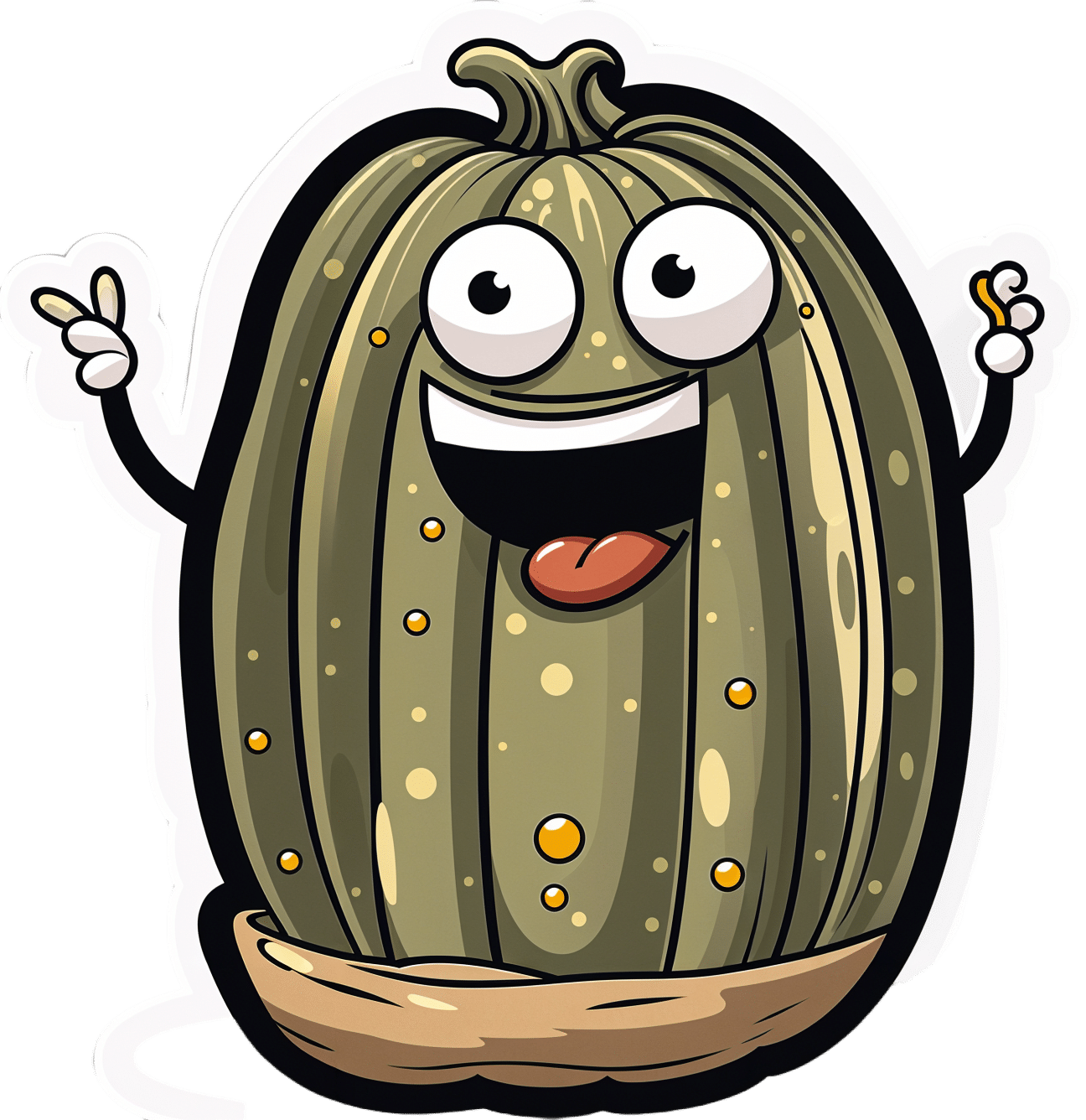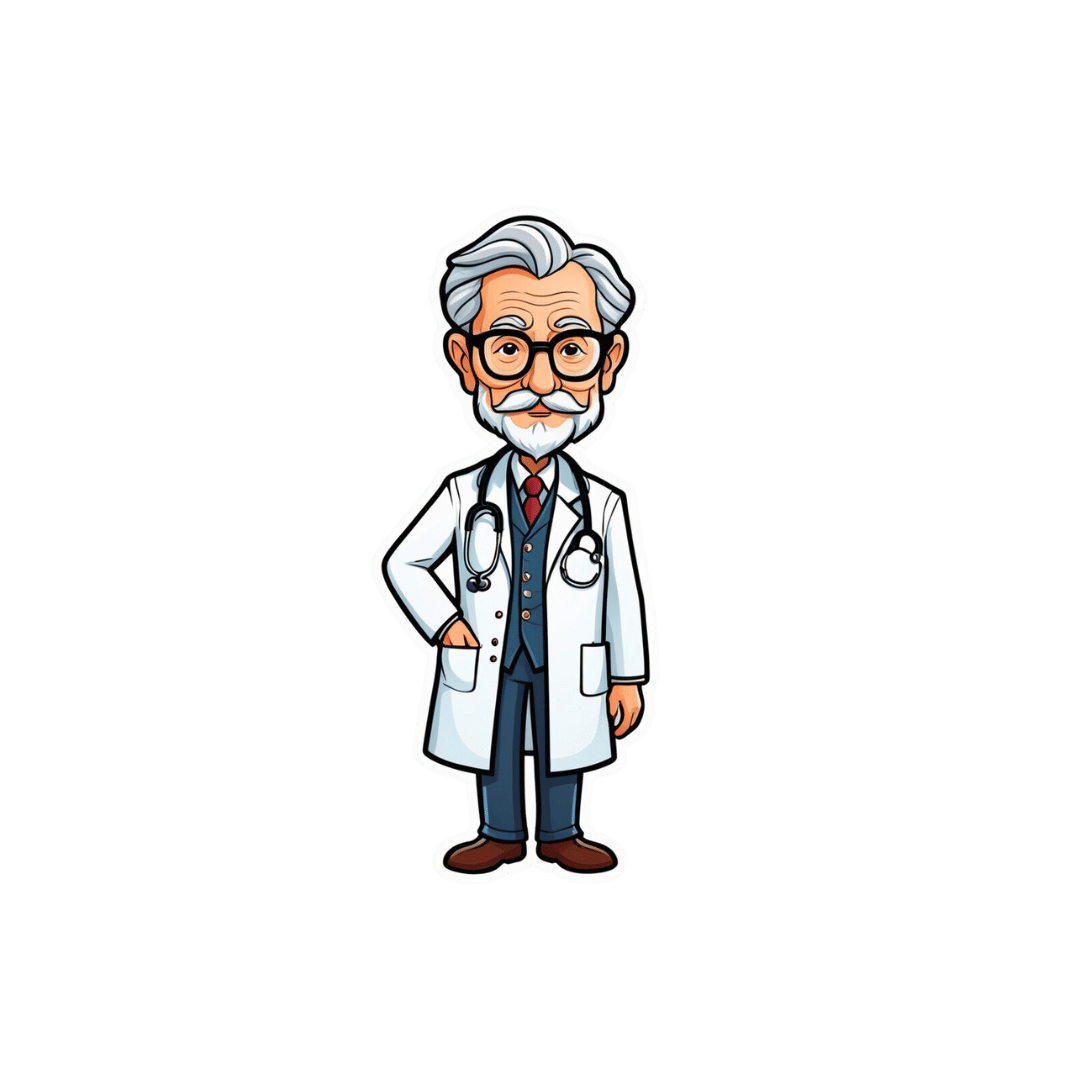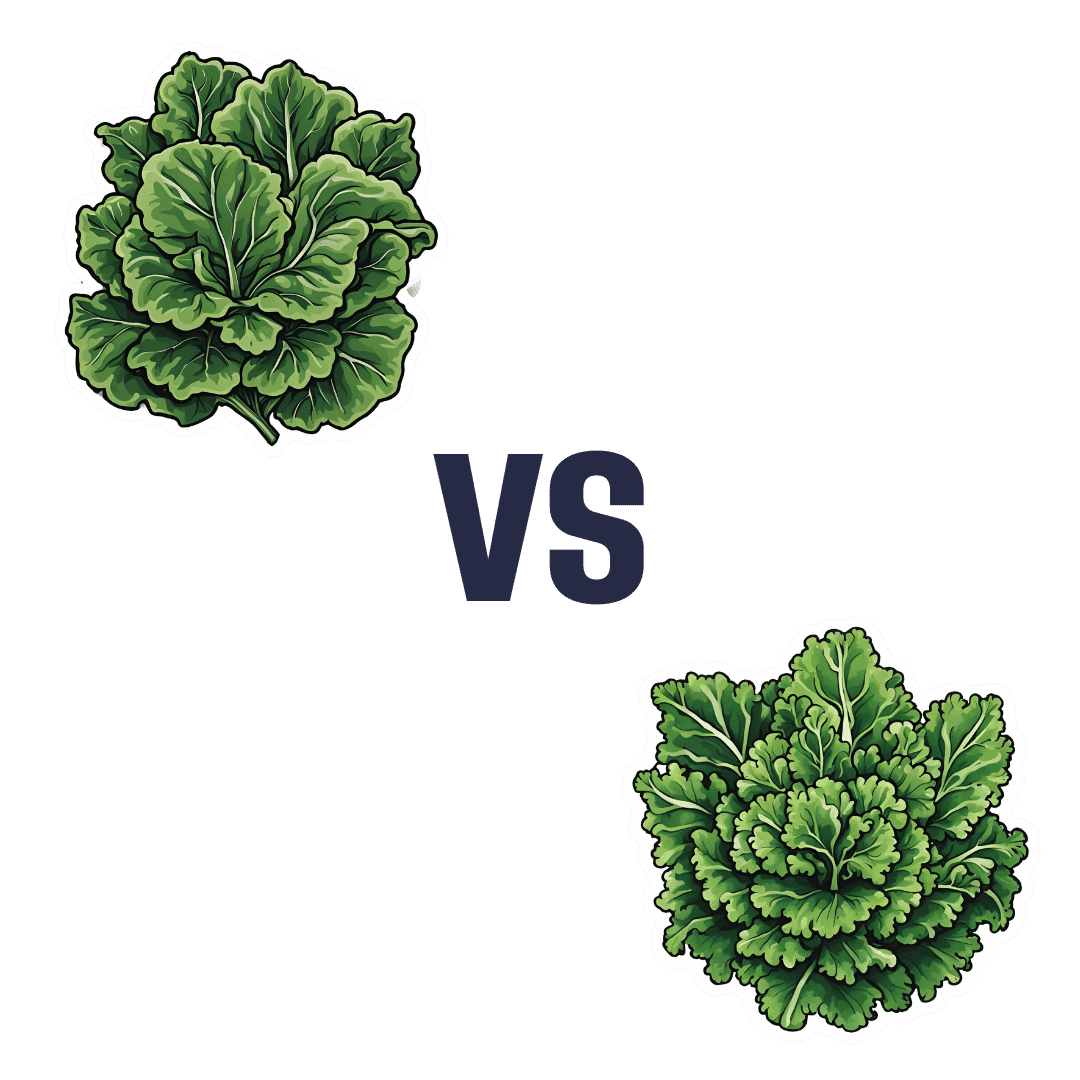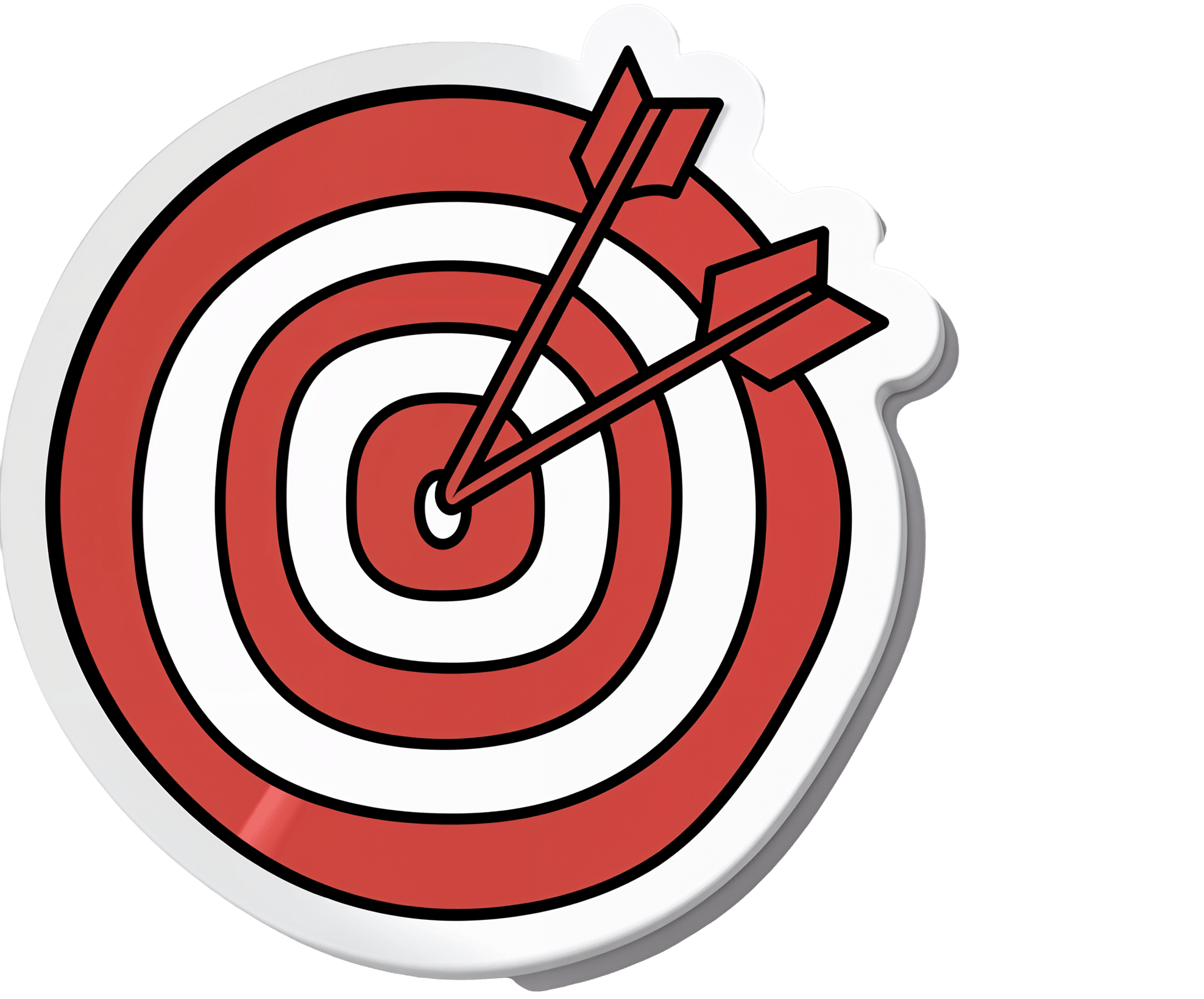
These Top Few Things Make The Biggest Difference To Health
10almonds is reader-supported. We may, at no cost to you, receive a portion of sales if you purchase a product through a link in this article.
The Best Few Interventions For The Best Health
Writer’s note: I was going to do something completely different for today (so that can go out another week now), but when reflecting on my own “what should I focus on in the new year?” (in terms of my own personal health goals and such) it occured to me that I should look back on the year’s articles, to take our own advice myself, and see what most important things I should make sure to focus on.
In so doing for myself, it occured to me that you, our subscribers who like condensed information and simple interventions for big positive effects, might also find value in a similar once-over. And so, today’s main feature was born!
Sometimes at 10almonds we talk about “those five things that affect everything”. They are:
- Good diet
- Good exercise
- Good sleep
- Not drinking
- Not smoking
If we were to add a sixth in terms of things that make a huge difference, it would be “manage stress effectively” and a seventh, beyond the scope of our newsletter, would be “don’t be socioeconomically disadvantaged” (e.g. poor, and/or part of some disprivileged minority group).
But as for those five we listed, it still leaves the question: what are the few most effective things we can do to improve them? Where can we invest our time/energy/effort for greatest effect?
Good diet
Best current science consistently recommends the Mediterranean Diet:
The Mediterranean Diet: What Is It Good For?
But it can be tweaked for specific desired health considerations:
Four Ways To Upgrade The Mediterranean Diet
Other most-effective dietary tweaks that impact a lot of other areas of health include looking after your gut health and looking after your blood sugars:
Making Friends With Your Gut (You Can Thank Us Later)
and
“Let Them Eat Cake”, She Said (10 Ways To Balance Blood Sugars)
Good exercise
Most exercise is good, but two of the most beneficial things that are (for most people) easy to implement are walking, and High-Intensity Interval Training:
How To Do HIIT (Without Wrecking Your Body)
Good sleep
This means quality and quantity! We cannot skimp on either and expect good health:
Why You Probably Need More Sleep
and as for quality,
The Head-To-Head Of Google and Apple’s Top Apps For Getting Your Head Down
Not drinking
According to the World Health Organization, the only safe amount of alcohol is zero.
See also:
Can We Drink To Good Health? (e.g. Red Wine & Heart Health)
and
Not smoking
We haven’t done a main feature on this! It’s probably not really necessary, as it’s not very contentious to say “smoking is bad for everything”.
WHO | Tobacco kills up to half its users who don’t quit
However, as a side-note, while cannabis is generally recognised as not as harmful as tobacco-based products, it has some fairly major drawbacks too. For some people, the benefits (e.g. pain relief) may outweigh the risks, though:
Final thoughts
Not sure where to start? We suggest this order of priorities, unless you have a major health condition that makes something else a higher priority:
- If you smoke, stop
- If you drink, reduce, or ideally stop
- Improve your diet
About that diet…
- Worry less about what to exclude, and instead focus on adding more variety of fruit/veg
- See also: Level-Up Your Fiber Intake! (Without Difficulty Or Discomfort)
- That said, if you’re looking for things to cut, sugar is a top candidate (and red meat is in clear second place albeit some way below)
When it comes to exercise, get your 10,000 daily steps in (actually, science says 8,000 steps is fine), and consider adding HIIT per our above article, when you feel like adding that in. As for that about the steps:
When it comes to sleep, if you’re taking care of the above things, and set a regular early wake-up time that you do not deviate from, then this will probably take care of itself, if you don’t have a sleep-inconvenient lifestyle (e.g. shift work, just had a baby, etc) or a sleep disorder.
For further pointers, see: 10 Tips for Better Sleep: Starting In The Morning
Take care!
Don’t Forget…
Did you arrive here from our newsletter? Don’t forget to return to the email to continue learning!
Recommended
Learn to Age Gracefully
Join the 98k+ American women taking control of their health & aging with our 100% free (and fun!) daily emails:
-
Castor Oil: All-Purpose Life-Changer, Or Snake Oil?
10almonds is reader-supported. We may, at no cost to you, receive a portion of sales if you purchase a product through a link in this article.
As “trending” health products go, castor oil is enjoying a lot of popularity presently, lauded as a life-changing miracle-worker, and social media is abuzz with advice to put it everywhere from your eyes to your vagina.
But:
- what things does science actually say it’s good for,
- what things lack evidence, and
- what things go into the category of “wow definitely do not do that”?
We don’t have the space to go into all of its proposed uses (there are simply far too many), but we’ll examine some common ones:
To heal/improve the skin barrier
Like most oils, it’s functional as a moisturizer. In particular, its high (90%!) ricinoleic fatty acid content does indeed make it good at that, and furthermore, has properties that can help reduce skin inflammation and promote wound healing:
Bioactive polymeric formulations for wound healing ← there isn’t a conveniently quotable summary we can just grab here, but you can see the data and results, from which we can conclude:
- formulations with ricinoleic acid (such as with castor oil) performed very well for topical anti-inflammatory purposes
- they avoided the unwanted side effects associated with some other contenders
- they consistently beat other preparations in the category of wound-healing
To support hair growth and scalp health
There is no evidence that it helps. We’d love to provide a citation for this, but it’s simply not there. There’s also no evidence that it doesn’t help. For whatever reason, despite its popularity, peer-reviewed science has simply not been done for this, or if it has, it wasn’t anywhere publicly accessible.
It’s possible that if a person is suffering hair loss specifically as a result of prostaglandin D2 levels, that ricinoleic acid will inhibit the PGD2, reversing the hair loss, but even this is hypothetical so far, as the science is currently only at the step before that:
However, due to some interesting chemistry, the combination of castor oil and warm water can result in acute (and irreversible) hair felting, in other words, the strands of hair suddenly glue together to become one mass which then has to be cut off:
“Castor Oil” – The Culprit of Acute Hair Felting
👆 this is a case study, which is generally considered a low standard of evidence (compared to high-quality Randomized Controlled Trials as the highest standard of evidence), but let’s just say, this writer (hi, it’s me) isn’t risking her butt-length hair on the off-chance, and doesn’t advise you to, either. There are other hair-oils out there; argan oil is great, coconut oil is totally fine too.
As a laxative
This time, there’s a lot of evidence, and it’s even approved for this purpose by the FDA, but it can be a bit too good, insofar as taking too much can result in diarrhea and uncomfortable cramping (the cramps are a feature not a bug; the mechanism of action is stimulatory, i.e. it gets the intestines squeezing, but again, it can result in doing that too much for comfort):
Castor Oil: FDA-Approved Indications
To soothe dry eyes
While putting oil in your eyes may seem dubious, this is another one where it actually works:
❝Castor oil is deemed safe and tolerable, with strong anti-microbial, anti-inflammatory, anti-nociceptive, analgesic, antioxidant, wound healing and vasoconstrictive properties.
These can supplement deficient physiological tear film lipids, enabling enhanced lipid spreading characteristics and reducing aqueous tear evaporation.
Studies reveal that castor oil applied topically to the ocular surface has a prolonged residence time, facilitating increased tear film lipid layer thickness, stability, improved ocular surface staining and symptoms.❞
Source: Therapeutic potential of castor oil in managing blepharitis, meibomian gland dysfunction and dry eye
Against candidiasis (thrush)
We couldn’t find science for (or against) castor oil’s use against vaginal candidiasis, but here’s a study that investigated its use against oral candidiasis:
…in which castor oil was the only preparation that didn’t work against the yeast.
Summary
We left a lot unsaid today (so many proposed uses, it feels like a shame to skip them), but in few words: it’s good for skin (including wound healing) and eyes; but we’d give it a miss for hair, candidiasis, and digestive disorders.
Want to try some?
We don’t sell it, but here for your convenience is an example product on Amazon 😎
Take care!
Share This Post
-
Cashew Nuts vs Macadamia Nuts – Which is Healthier?
10almonds is reader-supported. We may, at no cost to you, receive a portion of sales if you purchase a product through a link in this article.
Our Verdict
When comparing cashews to macadamias, we picked the cashews.
Why?
In terms of macros, cashews have more than 2x the protein, while macadamias have nearly 2x the fat. The fats are mostly monounsaturated, so it’s still healthy in moderation, but still, we’re going to prize the protein over it and call this category a nominal win for cashews.
When it comes to vitamins, things are fairly even; cashews have more of vitamins B5, B6, B9, and E, while macadamias have more of vitamins B1, B2, B3, and C.
In the category of minerals, cashews take the clear lead; cashews have more copper, iron, magnesium, phosphorus, potassium, selenium, and zinc, while macadamias have more calcium and manganese.
In short, enjoy both (as macadamias have their benefits too), but cashews win in total nutrient density.
Want to learn more?
You might like to read:
Why You Should Diversify Your Nuts
Take care!
Share This Post
-
From Cucumbers To Kindles
10almonds is reader-supported. We may, at no cost to you, receive a portion of sales if you purchase a product through a link in this article.
You’ve Got Questions? We’ve Got Answers!
Q: Where do I get cucumber extract?
A: You can buy it from BulkSupplements.com (who, despite their name, start at 100g packs)
Alternatively: you want it as a topical ointment (for skin health) rather than as a dietary supplement (for bone and joint health), you can extract it yourself! No, it’s not “just juice cucumbers”, but it’s also not too tricky.
Share This Post
Related Posts
-
How old’s too old to be a doctor? Why GPs and surgeons over 70 may need a health check to practise
10almonds is reader-supported. We may, at no cost to you, receive a portion of sales if you purchase a product through a link in this article.
A growing number of complaints against older doctors has prompted the Medical Board of Australia to announce today that it’s reviewing how doctors aged 70 or older are regulated. Two new options are on the table.
The first would require doctors over 70 to undergo a detailed health assessment to determine their current and future “fitness to practise” in their particular area of medicine.
The second would require only general health checks for doctors over 70.
A third option acknowledges existing rules requiring doctors to maintain their health and competence. As part of their professional code of conduct, doctors must seek independent medical and psychological care to prevent harming themselves and their patients. So, this third option would maintain the status quo.
PeopleImages.com – Yuri A/Shutterstock Haven’t we moved on from set retirement ages?
It might be surprising that stricter oversight of older doctors’ performance is proposed now. Critics of mandatory retirement ages in other fields – for judges, for instance – have long questioned whether these rules are “still valid in a modern society”.
However, unlike judges, doctors are already required to renew their registration annually to practise. This allows the Medical Board of Australia not only to access sound data about the prevalence and activity of older practitioners, but to assess their eligibility regularly and to conduct performance assessments if and when they are needed.
What has prompted these proposals?
This latest proposal identifies several emerging concerns about older doctors. These are grounded in external research about the effect of age on doctors’ competence as well as the regulator’s internal data showing surges of complaints about older doctors in recent years.
Studies of medical competence in ageing doctors show variable results. However, the Medical Board of Australia’s consultation document emphasises studies of neurocognitive loss. It explains how physical and cognitive impairment can lead to poor record-keeping, improper prescribing, as well as disruptive behaviour.
The other issue is the number of patient complaints against older doctors. These “notifications” have surged in recent years, as have the number of disciplinary actions against older doctors.
In 2022–2023, the Medical Board of Australia took disciplinary action against older doctors about 1.7 times more often than for doctors under 70.
In 2023, notifications against doctors over 70 were 81% higher than for the under 70s. In that year, patients sent 485 notifications to the Medical Board of Australia about older doctors – up from 189 in 2015.
While older doctors make up only about 5.3% of the doctor workforce in Australia (less than 1% over 80), this only makes the high numbers of complaints more starkly disproportionate.
It’s for these reasons that the Medical Board of Australia has determined it should take further regulatory action to safeguard the health of patients.
So what distinguishes the two new proposed options?
The “fitness to practise” assessment option would entail a rigorous assessment of doctors over 70 based on their specialisation. It would be required every three years after the age of 70 and every year after 80.
Surgeons, for example, would be assessed by an independent occupational physician for dexterity, sight and the ability to give clinical instructions.
Importantly, the results of these assessments would usually be confidential between the assessor and the doctor. Only doctors who were found to pose a substantial risk to the public, which was not being managed, would be obliged to report their health condition to the Medical Board of Australia.
The second option would be a more general health check not linked to the doctor’s specific role. It would occur at the same intervals as the “fitness to practise” assessment. However, its purpose would be merely to promote good health-care decision-making among health practitioners. There would be no general obligation on a doctor to report the results to the Medical Board of Australia.
In practice, both of these proposals appear to allow doctors to manage their own general health confidentially.
Older surgeons could be independently assessed for dexterity, sight and the ability to give clinical instructions. worradirek/Shutterstock The law tends to prioritise patient safety
All state versions of the legal regime regulating doctors, known as the National Accreditation and Registration Scheme, include a “paramountcy” provision. That provision basically says patient safety is paramount and trumps all other considerations.
As with legal regimes regulating childcare, health practitioner regulation prioritises the health and safety of the person receiving the care over the rights of the licensed professional.
Complicating this further, is the fact that a longstanding principle of health practitioner regulation has been that doctors should not be “punished” for errors in practice.
All of this means that reforms of this nature can be difficult to introduce and that the balance between patient safety and professional entitlements must be handled with care.
Could these proposals amount to age discrimination?
It is premature to analyse the legal implications of these proposals. So it’s difficult to say how these proposals interact with Commonwealth age- and other anti-discrimination laws.
For instance, one complication is that the federal age discrimination statute includes an exemption to allow “qualifying bodies” such as the Medical Board of Australia to discriminate against older professionals who are “unable to carry out the inherent requirements of the profession, trade or occupation because of his or her age”.
In broader terms, a licence to practise medicine is often compared to a licence to drive or pilot an aircraft. Despite claims of discrimination, New South Wales law requires older drivers to undergo a medical assessment every year; and similar requirements affect older pilots and air traffic controllers.
Where to from here?
When changes are proposed to health practitioner regulation, there is typically much media attention followed by a consultation and behind-the-scenes negotiation process. This issue is no different.
How will doctors respond to the proposed changes? It’s too soon to say. If the proposals are implemented, it’s possible some older doctors might retire rather than undergo these mandatory health assessments. Some may argue that encouraging more older doctors to retire is precisely the point of these proposals. However, others have suggested this would only exacerbate shortages in the health-care workforce.
The proposals are open for public comment until October 4.
Christopher Rudge, Law lecturer, University of Sydney
This article is republished from The Conversation under a Creative Commons license. Read the original article.
Don’t Forget…
Did you arrive here from our newsletter? Don’t forget to return to the email to continue learning!
Learn to Age Gracefully
Join the 98k+ American women taking control of their health & aging with our 100% free (and fun!) daily emails:
-
Valentine’s Day & Your Heart
10almonds is reader-supported. We may, at no cost to you, receive a portion of sales if you purchase a product through a link in this article.
We’re not talking metaphorically; this is about your “beating wet pumpy thing” as a friend of this writer once put it!
Heart to heart
A dietician calls for us to take care of our hearts this Valentine’s Day, with ideas such as:
- Teamwork makes the dream work: support your partner’s health objectives by choosing gifts or activities that align with their goals, such as opting for new running shoes instead of candy if they aim to exercise more.
- Split up… Dinner: instead of consuming large portions individually, consider sharing a decadent meal to reduce metabolic load while still enjoying the experience together.
- A moving experience: plan active dates like hiking, dancing, or taking a walk, which promote both bonding and cardiovascular health. And if you can think of other perhaps “vigorous activities” you might enjoy doing together on Valentine’s Day, then that’s great for your heart too!
- Be aware of mutual health influences: recognize that partners can impact each other’s health behaviors and risks; making healthy choices together can strengthen both the relationship and individual well-being.
- No date, no problem: if you’re single this Valentine’s Day, consider connecting with friends, of if that’s not for you, perhaps treating yourself to a “self-care day” at home.
Read in full: Celebrate Valentine’s Day with actual hearts in mind, says dietitian
Related: Only One Kind Of Relationship Promotes Longevity This Much!
Playing the hand you’re dealt
We can make many choices in life that affect our health one way or the other, but there are some things we can’t control, and that includes a family history of some disease or other. In the case of a family history of heart conditions, all is not lost, and you can still play the odds:
- Diet: rich in fiber, especially fresh fruits and vegetables, legumes, and whole grains. Go easy on sugary, salty, and/or processed foods. Yes, sugary too! Sugary foods can increase blood pressure in the same way that salt does, by forcing the same homeostatic response.
- Exercise: prioritize movement, as in those “active minutes” that your smartwatch tracks. That famous “150 minutes per week” is great; more is better.
- Sleep: get up regularly around the same time each morning, preferably early. You should get to the point whereby you wake up shortly before the time your alarm would go off, each morning.
- Avoid: smoking and alcohol. They are both terrible for heart health.
- Teamwork: work with healthcare professionals to manage your heart health; a personalized plan is best, and they are there to help.
Remember, genes predispose; they don’t predetermine:
Read in full: Expert explains how to improve heart health, even if your family has history of heart conditions
Related: The Whole Heart Solution: Halt Heart Disease Now With the Best Alternatives and Traditional Medicine
Not so sweet?
Chocolate is famously high in antioxidants, but that must be weighed against other factors, if for example you’re eating a product that, when all’s said and done and the ingredients list is read, is mostly sugar.
That can be avoided, though! If you do like chocolate, we recommend getting dark chocolate with a high percentage of cocoa; 90% is great if you can find it!
Even so, the saturated fat content means you still might want to make it a moment for intentional “mindful eating” of a square or two, before setting it aside for another day:
Read in full: Valentine’s Day and chocolate are a perfect match, but is it a healthy relationship?
Related: 10 “Healthy” Foods That Are Often Worse Than You Think
Take care!
Don’t Forget…
Did you arrive here from our newsletter? Don’t forget to return to the email to continue learning!
Learn to Age Gracefully
Join the 98k+ American women taking control of their health & aging with our 100% free (and fun!) daily emails:
-
Collard Greens vs Kale – Which is Healthier?
10almonds is reader-supported. We may, at no cost to you, receive a portion of sales if you purchase a product through a link in this article.
Our Verdict
When comparing collard greens to kale, we picked the collard greens.
Why?
Once again we have Brassica oleracea vs Brassica oleracea, (the same species that is also broccoli, cauliflower, Brussels sprouts, various kinds of cabbage, and more) and once again there are nutritional differences between the two cultivars:
In terms of macros, collard greens have more protein, equal carbs, and 2x the fiber. So that’s a win for collard greens.
In the category of vitamins, collard greens have more of vitamins B2, B3, B5, B9, E, and choline, while kale has more of vitamins A, B1, B6, C, and K. Nominally a 6:5 win for collard greens, though it’s worth noting that while most of the margins of difference are about the same, collard greens have more than 10x the choline, too.
When it comes to minerals, collard greens have more calcium, iron, magnesium, manganese, and phosphorus, while kale has more copper, potassium, selenium, and zinc. A genuinely marginal 5:4 win for collard greens this time.
All in all, a clear win for collard greens over the (otherwise rightly) established superfood kale. Collard greens just don’t get enough appreciation in comparison!
Want to learn more?
You might like to read:
What’s Your Plant Diversity Score? ← another reason it’s good to mix things up rather than just using the same ingredients out of habit!
Take care!
Don’t Forget…
Did you arrive here from our newsletter? Don’t forget to return to the email to continue learning!
Learn to Age Gracefully
Join the 98k+ American women taking control of their health & aging with our 100% free (and fun!) daily emails:

